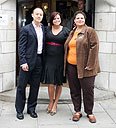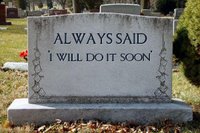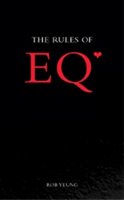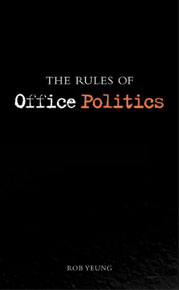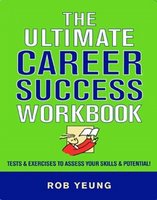 The editor of PQE (a magazine by mega-publisher LexisNexis aimed at lawyers with less than ten years' post-qualification experience - hence the acronym) asked me to write an article on the topic of handling presentation nerves. It comes out in November, which coincides nicely with the publication of one of my next books, Presentations and Public Speaking for Dummies, which comes out then too.
The editor of PQE (a magazine by mega-publisher LexisNexis aimed at lawyers with less than ten years' post-qualification experience - hence the acronym) asked me to write an article on the topic of handling presentation nerves. It comes out in November, which coincides nicely with the publication of one of my next books, Presentations and Public Speaking for Dummies, which comes out then too.
I just emailed the article across today. Anyway, here are my ten top tips for handling presentation jitters:
10.Say yes only to topics you can immerse yourself into. I know it's easier said than done - you might have no choice. But if you can at least find an angle you find interesting, you'll come across so much better.
9. Prepare your material thoroughly. The more research and planning you do, the less you'll be fumbling around for your words on the big day.
8. Practise, practise, practise. Think of presenting well as being on stage. Actors learn their lines, so why shouldn't you? Even if you don't want to learn your speech word-for-word, practise it to familiarise yourself with the materials.
7.Learn the skill of diaphragmatic breathing. Just as some people can bring about panic attacks by breathing incorrectly, you can summon up feelings of deep calm by breathing the right way.
6.Counter automatic negative thoughts. When we're nervous, we engage in catastrophic thinking - we worry about what could go wrong. Identify that you are engaging in catastrophic thinking and tell yourself that you're being irrational. It will help to dispel the anxiety.
5.Divert the audience's attention. If the audience is looking at a screen or flicking through a handout, that's fewer eyes on you.
4.Visualise success. Athletes do it. So why shouldn't you? Before the big day, sit quietly and use your mind's eye to visualise how you want to come across.
3. Fake it until you can make it. Sounds obvious, but the most important thing when presenting is to appear relaxed even if you don't feel it. So focus on your body language - avoid fiddling with jewellery or jangling change in your pocket at all costs.
2.Smile and laugh. Scientists have found that your body can't tell the difference between real and fake laughter. If you smile and laugh, your body releases 'happy' chemicals to make you feel less nervous.
1. Understand that practice makes perfect. If you aren't good at it, keep trying it. Keep throwing yourself into presentation situations. All animals habituate or get used to stressful situations - so every presentation you give will make it easier and easier.
When I get round to it, I'll talk about some of these in a bit more detail. Feel free to ask questions and stuff!
 As a business psychologist, a big chunk of my work is coaching people (both managers who want to be more impactful as well as job hunters who want to create a better impression) on presence and charisma.
As a business psychologist, a big chunk of my work is coaching people (both managers who want to be more impactful as well as job hunters who want to create a better impression) on presence and charisma.